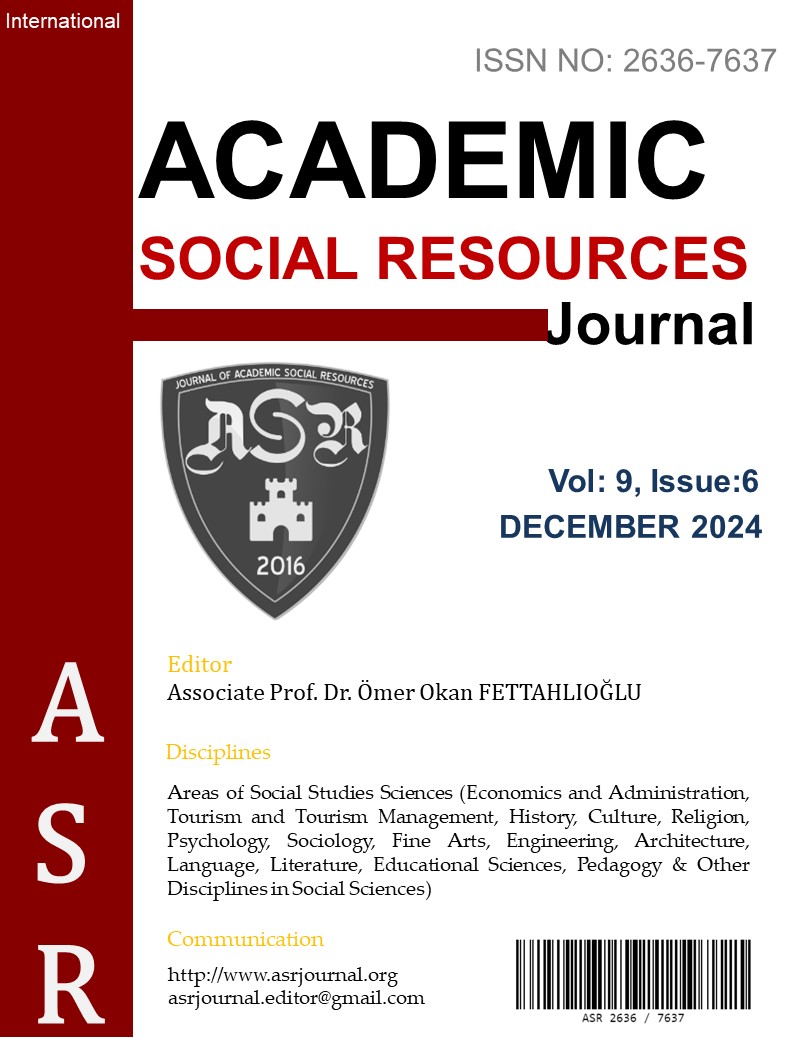Author :
Abstract
Farklı din mensuplarıyla evlilik hususunda İslam dini, sosyal yapıyı, çevreyi ve fertlerin kişisel ve psikolojik durumlarını dikkate almıştır. Kadın olsun erkek olsun Müslümanların müşriklerle kesin olarak evlenemeyecekleri ifade edilirken, ehlikitapla evlilik şartlarla beraber Müslüman erkeklere serbest bırakılmıştır. Müslüman kadınların ise kitâbî olup olmaması fark etmeksizin gayrimüslimle evliliği yasaklanmıştır. Bu yasaklamanın birçok hikmeti olmakla beraber öncelikli sebebi böyle bir evlilik sonucunda kadın ve doğacak çocukların, din bakımından olumsuz yönde etkilenebilmeleridir. Nitekim toplumun kendini muhafazası, istikrar ve huzurun devamı, aile yapısının ve neslin korunmasıyla mümkündür. Dolaysıyla İslam, aile hukuku ile ilgili aldığı tedbirle beraber, aileyi oluşturacak fertlerin inanç birliğine de önem vermektedir.
Keywords
Abstract
Regarding marriage with members of different religions, the Islamic religion takes into account the social structure, environment and personal and psychological states of individuals. While it is stated that Muslims, whether men or women, cannot marry polytheists, marriage with the people of the book is allowed to Muslim men with certain conditions. Muslim women are prohibited from marrying non-Muslims, regardless of whether they are religious or not. Although there are many reasons for this prohibition, the primary reason is that women and children born as a result of such a marriage may be negatively affected in terms of religion. As a matter of fact, the self-preservation of society, the continuation of stability and peace is possible by preserving the family structure and generation. Therefore, along with the measures it takes regarding family law, Islam also attaches importance to the unity of faith of the members who will form the family.





